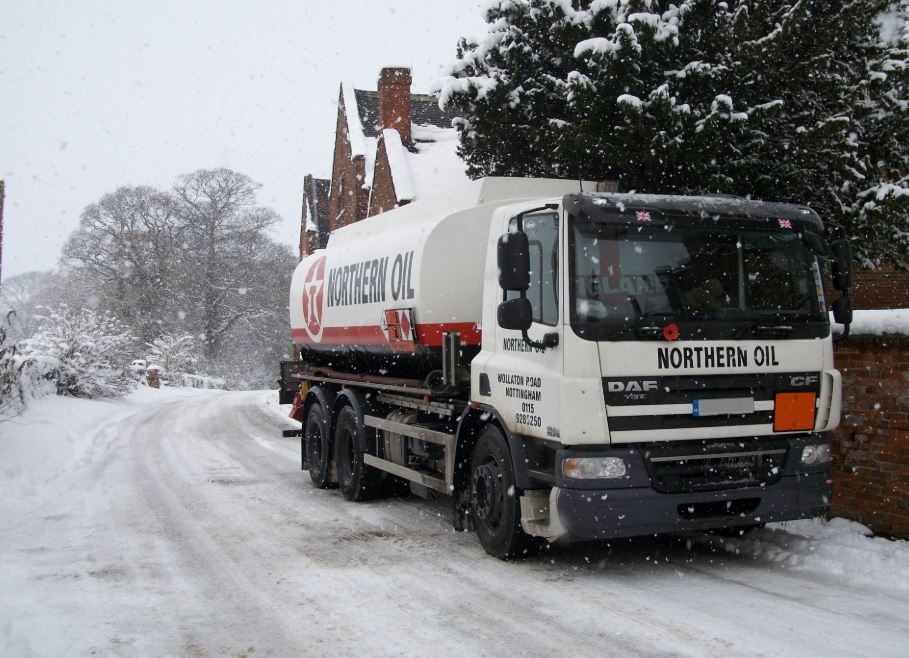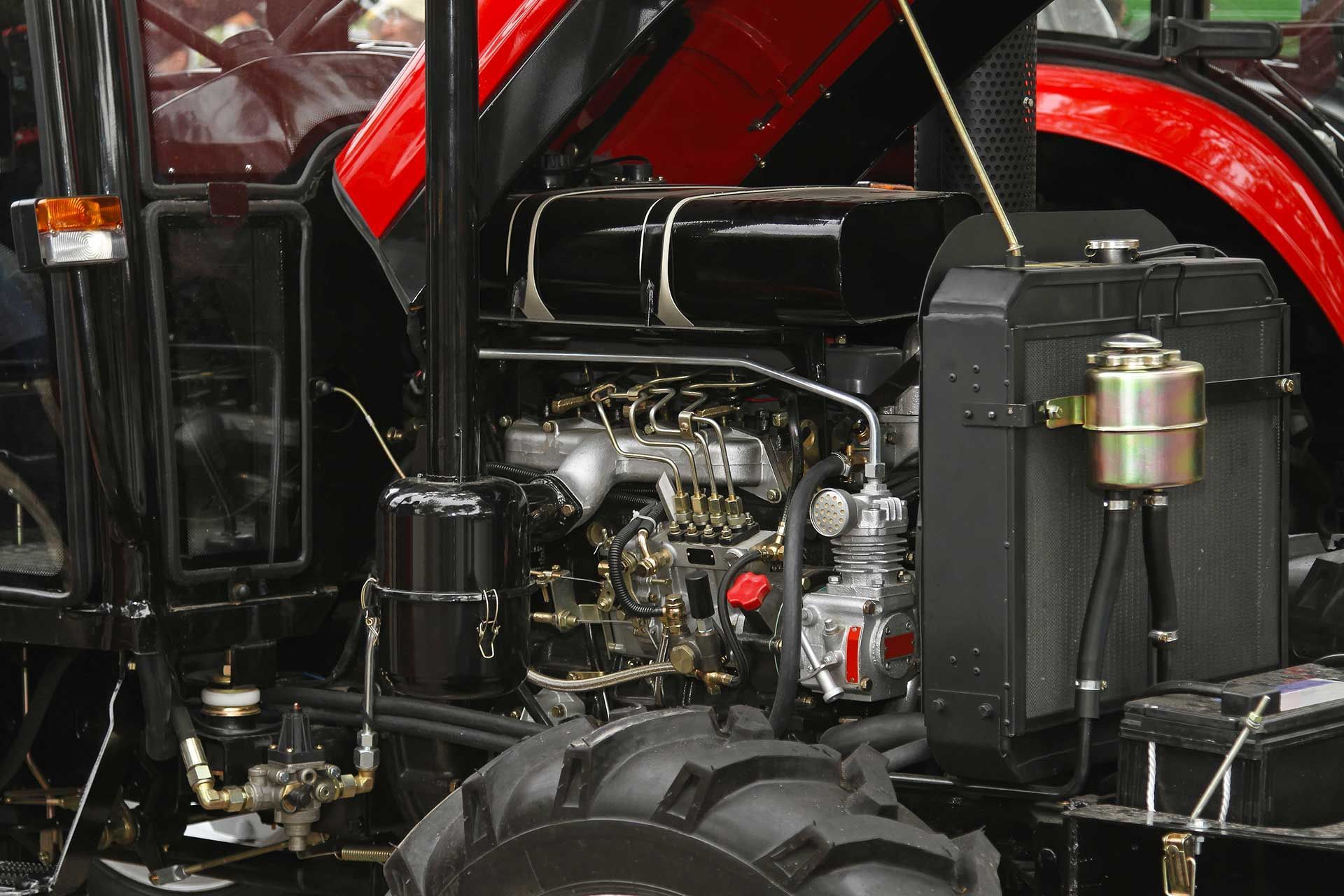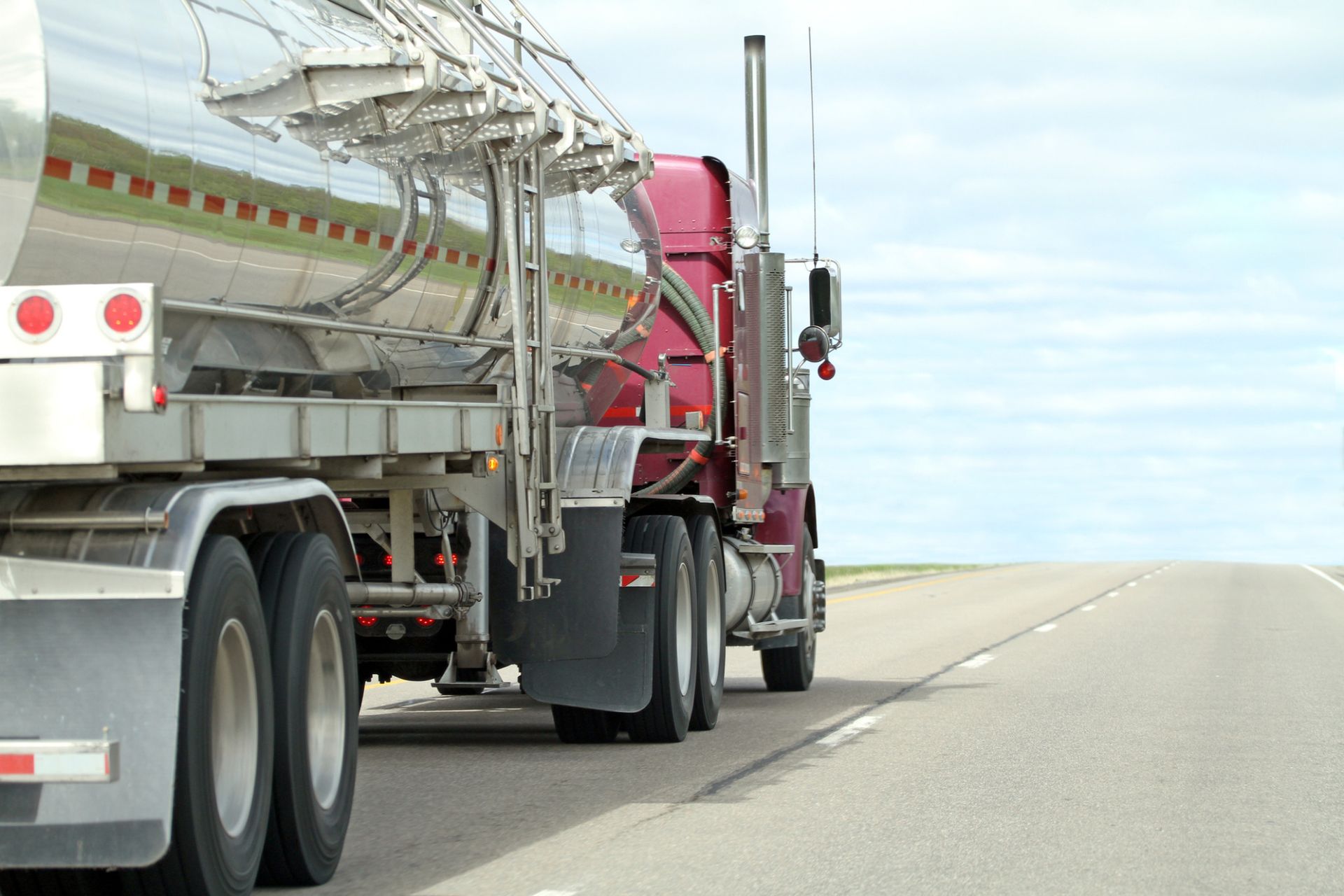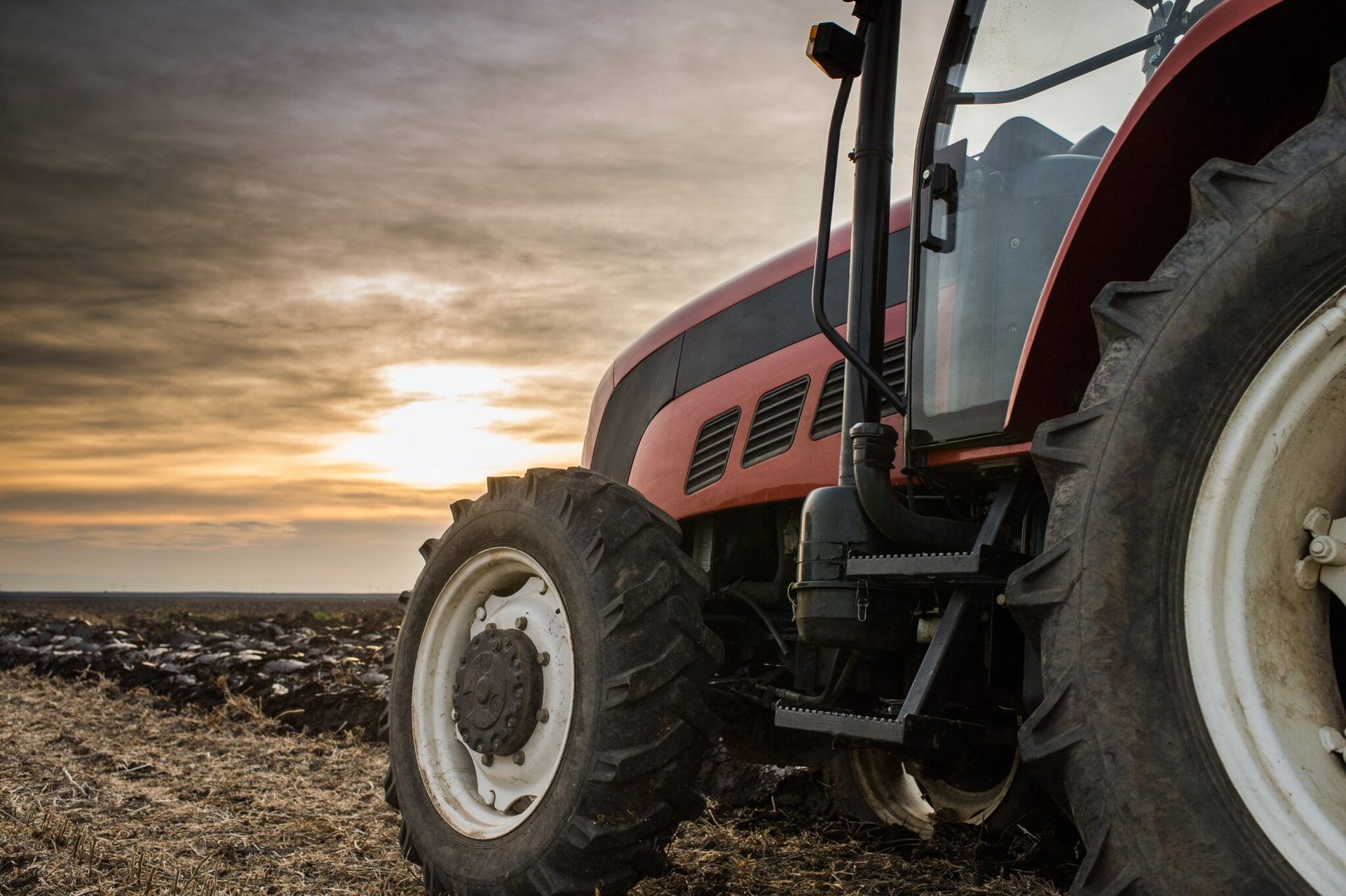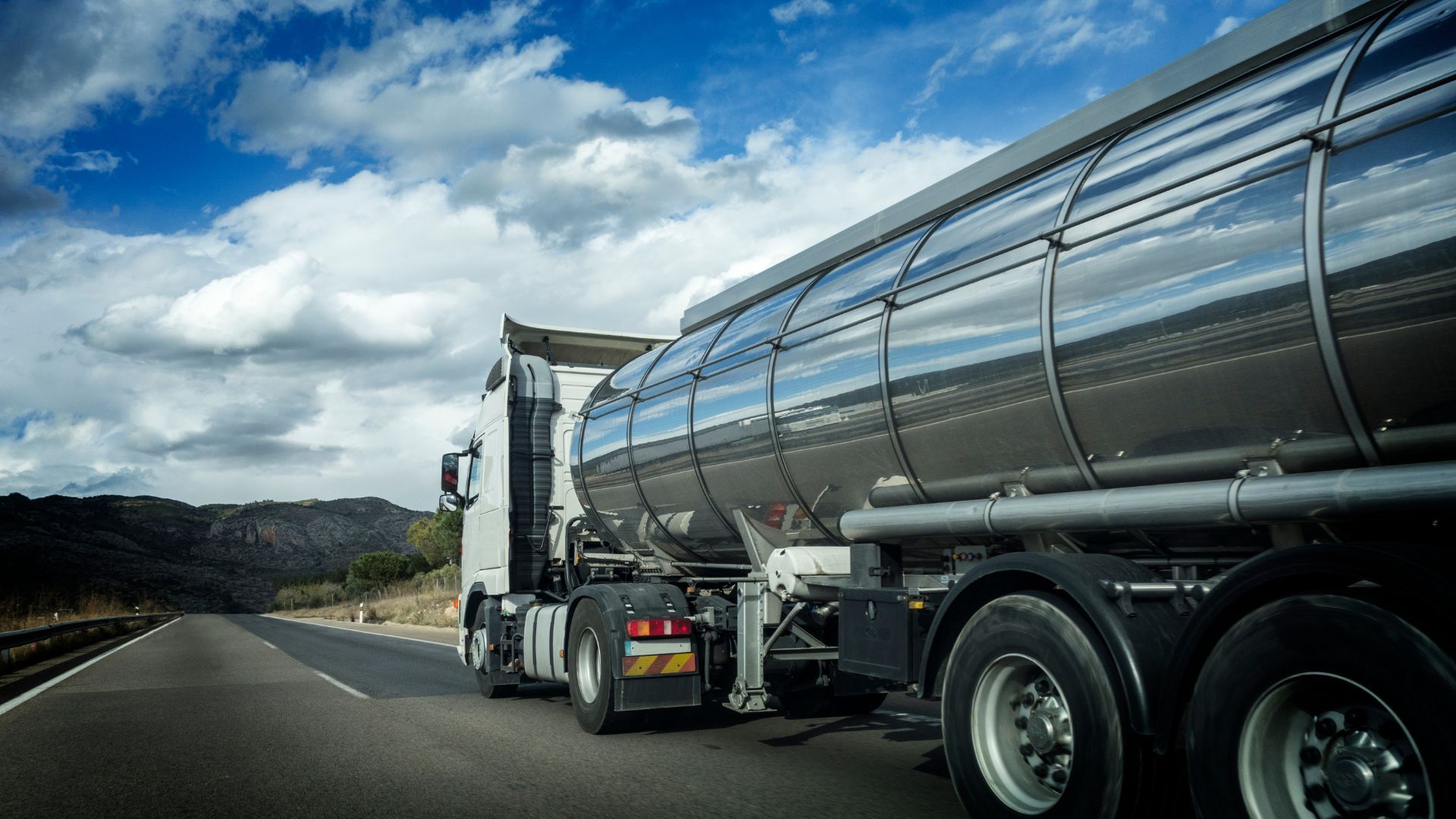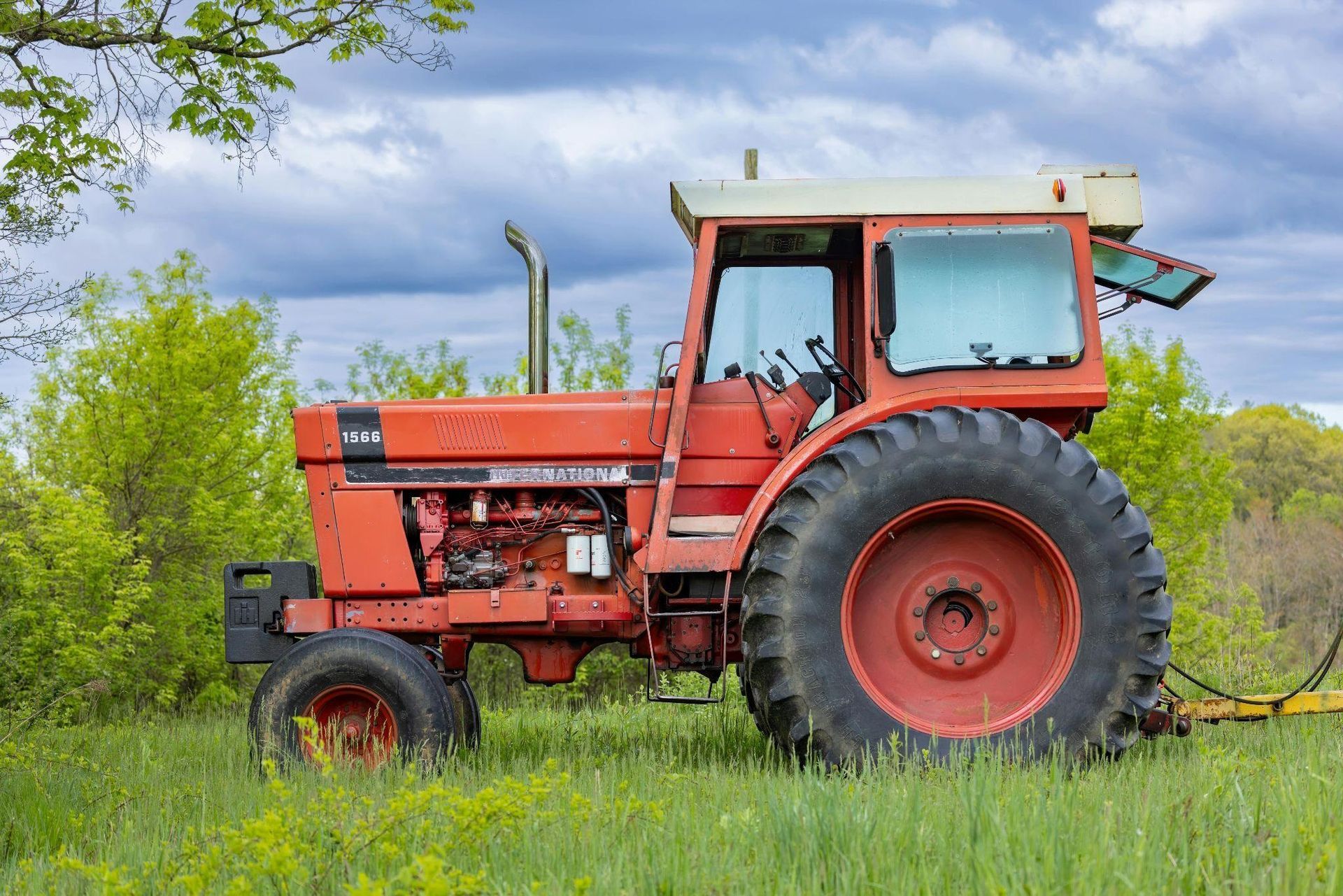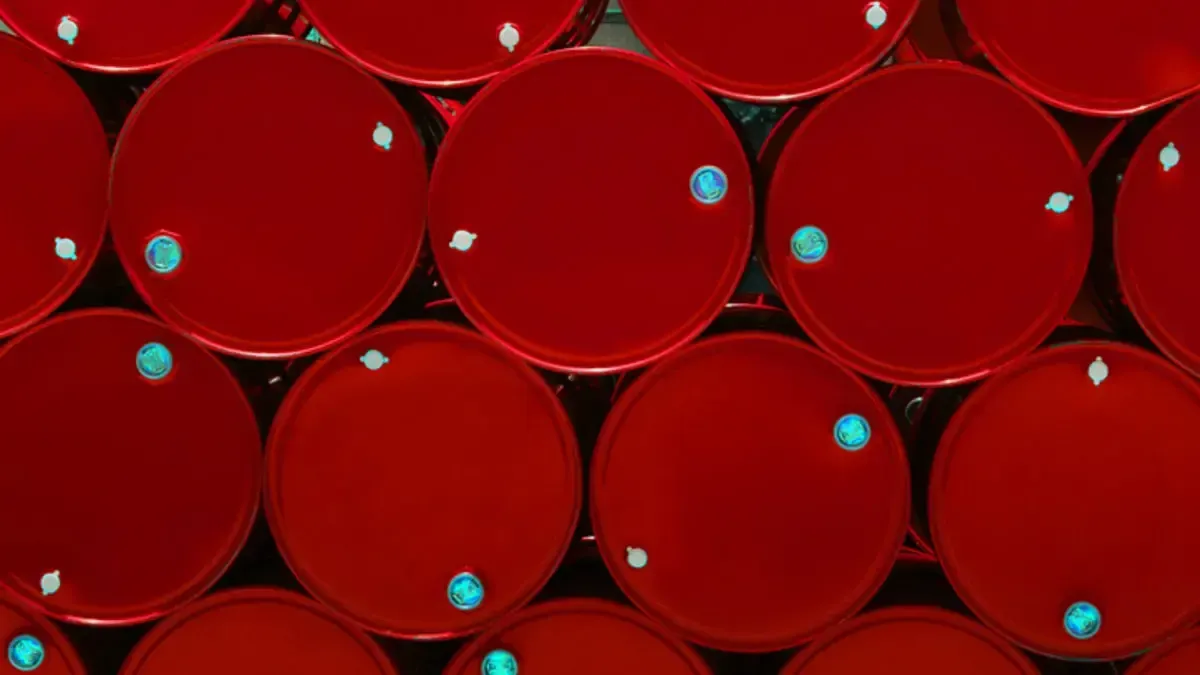Winter Recommendations - GAS OIL
Seasonal GAS OIL for summer and winter
You are probably aware that within the UK we produce both summer and winter grade gas oil, but how much do you actually know about the seasonal differences, and how it could affect you?
All gas oil in the UK must be manufacturered to British Standard BS2869 Class 2. According to the standard, gas oil has a cold filter plugging point (CFPP) of -4degC maximum in the summer, and -12degC maximum in the winter. By law, all gas oil at terminal point must be winterised between 1st November and 15th March.
During cold periods, the use of incorrect grade gas oil could result in starting problems with diesel engines. Problems occur when the parafin molecules within the diesel start to form wax crystals and solidify, due to the cold conditions, and block filters and pipes. Should this happen, the diesel will adopt a milky appearance. There may also be evidence of red/brown deposits on the bottom of the tank and/or in the fuel filter.
So, what precautions can be taken to prevent gas oil from "waxing"?
- It is strongly recommended that summer grade gas oil is not kept for the winter
- Purchase your gas oil during the winter season if you only purchase one delivery per year
- It is important to note that filling your tank with winterised gas oil on top of summer grade product will result in a gas oil mix having poorer cold properties than the pure winter grade product. Where possible, it is recommended that you exhaust your existing stock of summer grade gas oil prior to filling the tank with winter grade fuel
- Ensure that equipment containing diesel, and fuel storage tanks are not exposed to cold winds. Where possible, these should be kept sheltered
- Remove water in the fuel that may arise from condensation in the tank. A temperature of 0degC (or less) will cause the water to freeze resulting in clogged filters and pipes
- Regular agitation of the fuel will help prevent wax crystals from forming
Another answer to the problem of "waxing" is the use of fuel additives. Anti-wax additive can be used in gas oil, and tests have shown this gives a CFPP of -19degC in summer grade and -28degC in winter grade fuel. The additive boosts the fuel's resistance to waxing, allows operation at colder temperatures than fuel specification, inhibits the formation of wax crystals, and reduces the potential for filter plugging. However, the additive must only be used as a preventative measure and will not work if the fuel is already waxed.
Northern Oil Company stocks the Exocet Anti Wax fuel additive. Phone 0115 9285250 if you would like more information.

